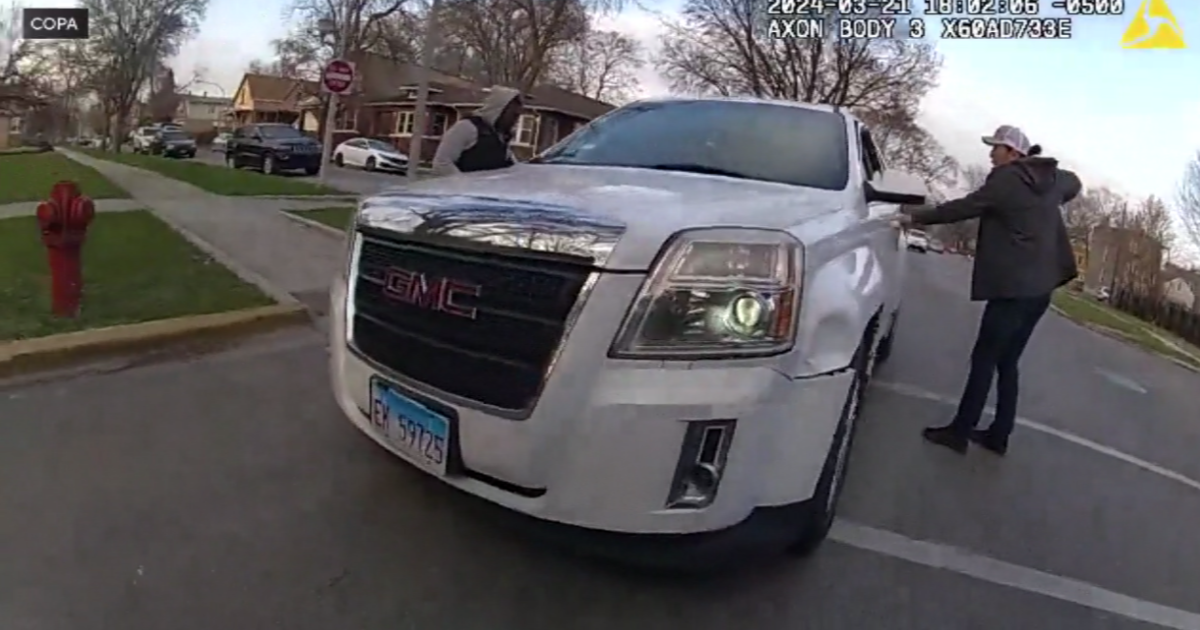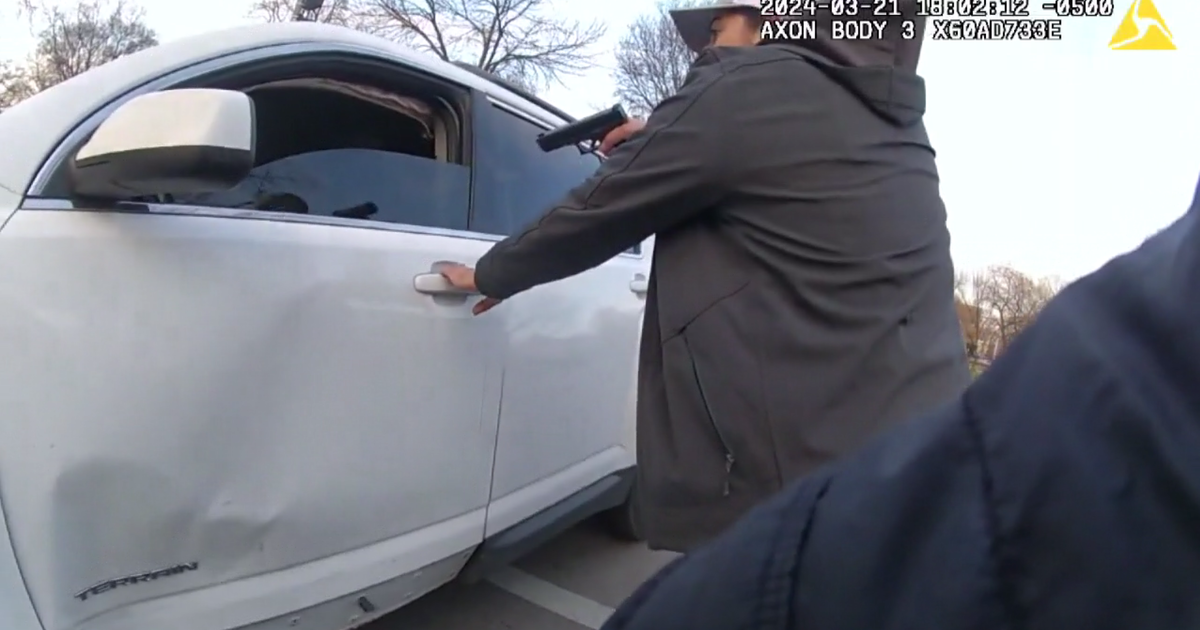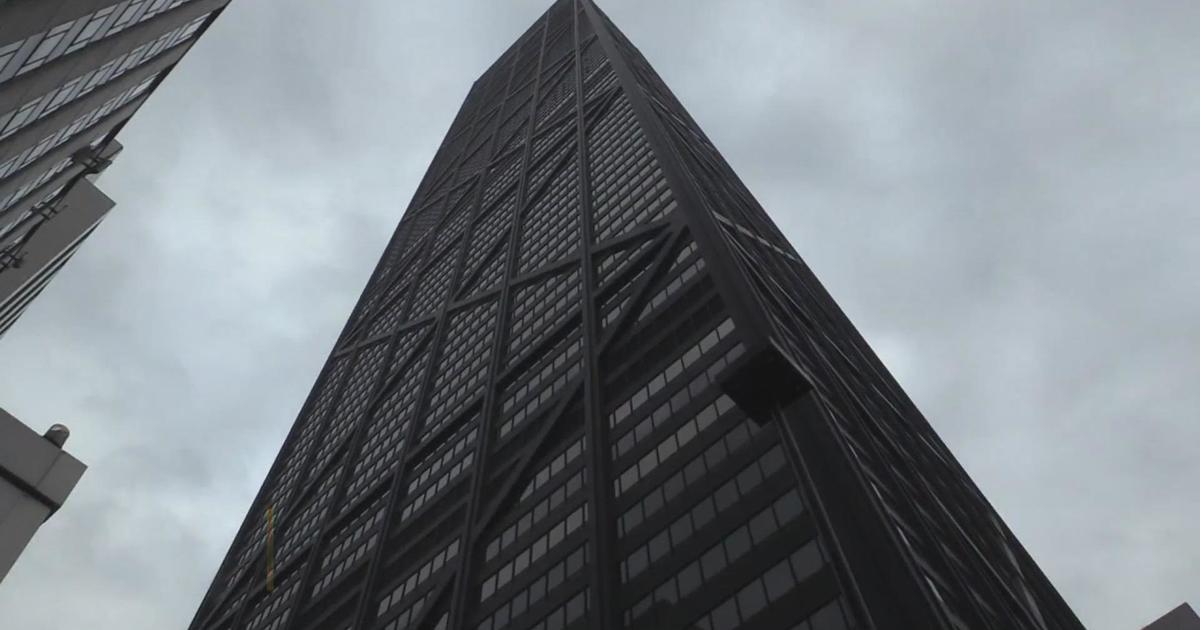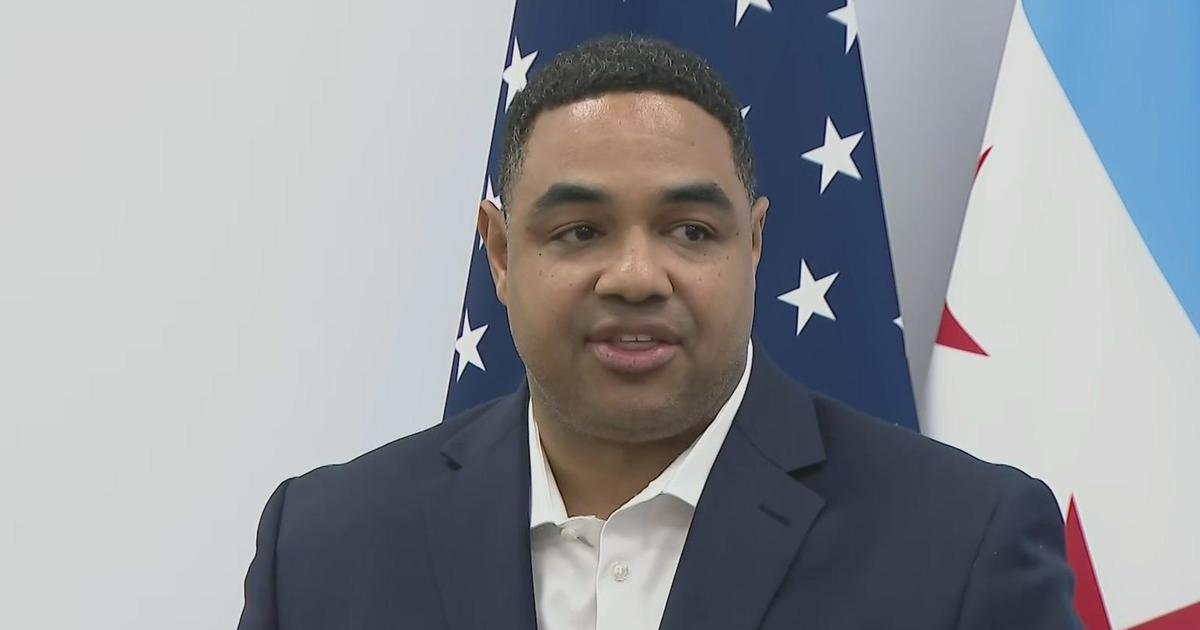McCarthy: Cops Can Protect Students 'Crossing Gang Boundaries'
CHICAGO (STMW) -- Police can safeguard students "crossing gang boundaries" to get to new schools after their Chicago Public Schools are closed, but there's a "lot of work to do to make it happen," Chicago Police Supt. Garry McCarthy said Thursday.
One day after Schools CEO Barbara Byrd-Bennett narrowed the hit list to 129 schools, most of them on the South and West Sides, McCarthy acknowledged the security concerns that have parents across the city on pins and needles.
"What…is lurking in the back of that is crossing gang boundaries and putting various gangs together who may be in conflict in the same schools," McCarthy said during a taping of the WLS-AM program, "Connected to Chicago," to be broadcast at 7 a.m. Sunday.
The superintendent said he's working closely with CPS to take the larger hit list of 129 targeted schools and narrow it down to schools where Chicago Police can guarantee safe passage of displaced students.
"Depending on which schools are closing and what the plan is to send who where, we at least can get in front of it and say, `We're putting these two groups in the same....school. That's a problem. We have to address it up-front before we go any further,' " McCarthy said.
"[Police can say], `We're taking folks from this part of the city or this part of the neighborhood crossing all of these lines and moving to these other locations. That's going to be problematic. We have to set up a safe passage for that.' We can get out in front of it, but we have a lot of work to do to make it happen."
Byrd-Bennett has promised not to close any school unless she is absolutely confident that displaced students would have a "safe and smooth transition at welcoming schools" next fall.
On Thursday, McCarthy said he's confident his officers can keep displaced students safe, but only if they strictly adhere to the "safe passages" created and staffed by Chicago Police.
"Those safe corridors work when adhered to. At the beginning of last year, we set up safe corridors where we have police officers deployed along routes…supported by CPS and civilians [but] I don't think some schools got the messages out to the kids and they just went off in different directions," he said.
"At the beginning of last school year, we had some problems. Once we made sure we had communications straightened out, we got that under control….Knock on wood. We've done a pretty good job this year as far as getting kids in and out of school without any high-profile issues. Now, having said that, something's gonna pop up because that's, unfortunately, the nature of it."
CPS is expected to present a report to a state task force on Chicago's Educational Facilities Friday showing that less than half the children displaced in last year's school closings and turnarounds ended up at the schools they were assigned to. Only 48 percent of the 9,500 children affected actually enrolled where CPS told them to, according to the report.
CPS spokeswoman Becky Carroll chalked that up to poor planning last year, a mere letter sent home telling parents about their child's new school. There's a transition process now in place, she said.
"We're going to take a very proactive approach with parents and school communities to ensure they have a deep understanding of the transition process, and the work we're doing to ensure that all children have a smooth and safe transition to a new welcoming school next year," she said. "That's why we need to be proactive by going straight to parents."
After the murder of 15-year-old Hadiya Pendleton, McCarthy shifted 200 police officers from desk jobs to street duty and reassigned them to "area saturation teams" already concentrating on gang violence.
On Thursday, McCarthy was asked whether impending the closing of dozens of schools in South and West Side neighborhoods already struggling with gang violence will create a challenge that demands more police hiring.
His answer was the same that it has always been: The "intelligent use and deployment" of Chicago Police officers is "more significant" than the overall numbers.
"X number of officers does not mean x number of murders or x crime reduction. It depends on what we're doing with them," McCarthy said.
"We are continually refining our crime strategies. We're gonna be rolling out a couple more in the next few weeks. We have `em on the blackboard. We're actually testing them in the field right now. We're getting some very significant results up-front. We'll be talking about that more. I'm not gonna give you a scoop here. I'm sorry. But, that's something that's an ongoing process."
Last month, Byrd-Bennett took high schools and high-performing elementary schools off the hit list.
Earlier this week, she announced plans to spare schools with more than 600 children, schools with at least 70 percent capacity and schools either isolated from others or surrounded by schools without any more room.
She also agreed she won't touch another group of schools including those recently impacted by school closings — ones that received kids from shuttered schools in the last three years or had another school move into its building this year.
CPS won't know how many schools will actually be closed in June, citing an ongoing process. By March 31, Byrd-Bennett must also reveal the names of schools that will receive displaced students.
Byrd-Bennett has said she must close and consolidate some schools by year's end to "right size" the district that has lost significant population since the 2000 census. Despite costs of shuttering buildings and moving children, the CEO has maintained that the consolidations will permit money spent on heat and electricity in under-enrolled buildings to go to classroom instruction.
(Source: Sun-Times Media Wire © Chicago Sun-Times 2013. All Rights Reserved. This material may not be published, broadcast, rewritten, or redistributed.)



